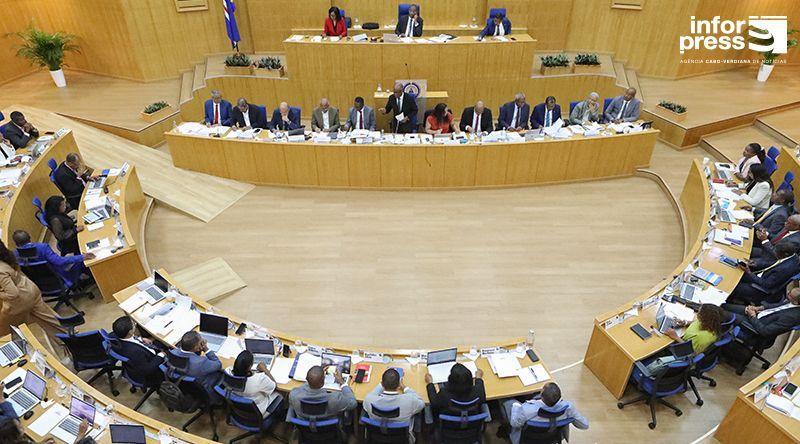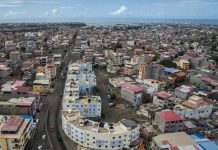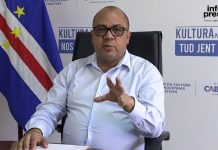Africa-Press – Cape verde. The director of Radio Cabo Verde (RCV) assured today that the station “never censored” debates and that all parliamentary programs are incorporated within the radio’s editorial line, respecting legislation and professional ethics.
In an interview with Inforpress, Marcos Fonseca clarified the controversy surrounding the coverage of parliamentary sessions, explaining that the programming planning aims to organize content in a balanced way, without harming other programs.
“We run the risk of investing, creating content that then doesn’t air because of parliament. So, what we wanted was to combine parliament with our normal work,” he stated.
According to this official, the idea was never to suspend parliament or cut off debate, especially debates with the Prime Minister, the State of Justice, and the State Budget, but rather to frame it within the station’s editorial line.
“We never considered suspending parliament, which has been said, but that’s not the case. We mainly considered cutting, for example, those long, specialized debates that almost nobody listens to,” he clarified, adding that they will also broadcast important debates.
The director further detailed that RCV maintains continuous dialogue with all parties represented in parliament, and that only the Movement for Democracy (MpD, in power) and the African Party for the Independence of Cape Verde (PAICV, opposition) have not yet responded to the attempt to resume the programs.
“Now that we have resumed the ‘Direct to the Point’ program, since October 1st, we are waiting for their response to resume the program; only UCID has responded,” he said, adding that the request was sent via email.
Marcos Fonseca emphasized that parliamentary coverage strictly adheres to the radio’s editorial line and that decisions regarding schedules and formats aim for better programming management, ensuring impartiality and predictability:
“Parliamentary coverage must fit within the editorial line. It’s not the other way around; the editorial line must align with the interests of parliament,” he warned, explaining that this is how it works with all categories.
The director further stated that RCV rigorously complies with current legislation and acts professionally, highlighting that the radio station does not compromise on impartiality or journalistic ethics.
“I could start a program here and also attack parliament because they used a mechanism of their own where I had no voice to defend them,” he said, reiterating that he chose to respect the legislation instead of taking advantage of his position.
In May, Radio Cabo Verde’s (RCV) decision not to broadcast parliamentary sessions in the usual format generated a heated debate between parliamentary groups and the Government before the approval of the agenda.
The President of the National Assembly, Austelino Correia, upon beginning the first plenary session on the 7th, informed the national deputies that he had received a notification from the RCV management that it would no longer be broadcasting all parliamentary sessions as it currently does.
For More News And Analysis About Cape verde Follow Africa-Press






